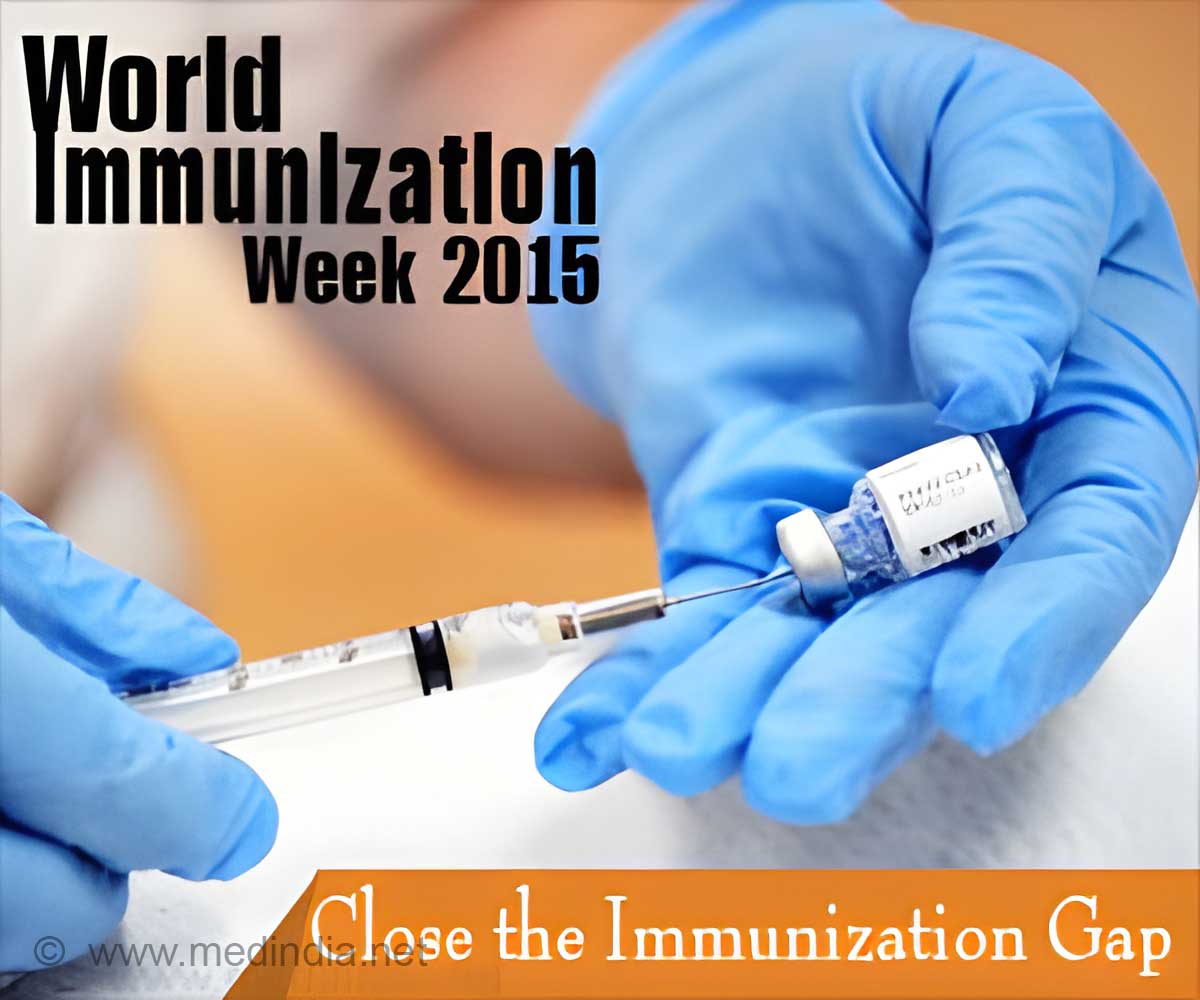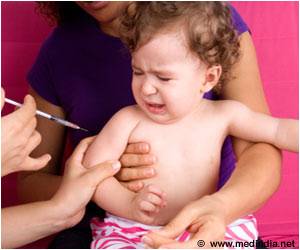With 15% vaccination in India happening through private practitioners, it is necessary to have a robust national immunization program for kids.

In India, the Union government launched Mission Indradhanush, which aims to immunize all children in the country for the seven most common vaccine preventable diseases - diphtheria, whooping cough, tetanus, polio, tuberculosis, measles and hepatitis B - by 2020.
"Indian Academy of Paediatrics (IAP) has pledged all its support in this mission. In fact, we would want more such initiatives to be taken on a public-private partnership basis," said Dr Pravin Mehta, IAP general secretary. He said that India’s successful eradication of polio was a shining example of how different agencies could come together and make things happen.
Dr. Mehta added that diarrhea and pneumonia, the two biggest killers among young children, were still not under the national immunization program making it a cause for concern.
"In the last few years, we have taken up advocacy on vaccination, having provided the government with data and evidence that led to them taking up rubella vaccination nationally. We have also been able to convince them to switch over from oral to intra-muscular polio vaccine. I hope we can do the same for preventing deaths due to diarrhea and pneumonia," he said.
He added that with only 15% vaccination in the country happening through private practitioners, it was a necessity to have a robust national immunization program for kids.
Advertisement
Dr. Davinder Gill, CEO, Hilleman Laboratories said, "India is the world’s largest manufacturer of vaccines but it is sad that the country has the largest number of non-immunized children at close to 7 million. The current state of immunization in the country is quite heterogeneous, with different states having achieved varying levels of protection through vaccination."
Advertisement
Source-Medindia











